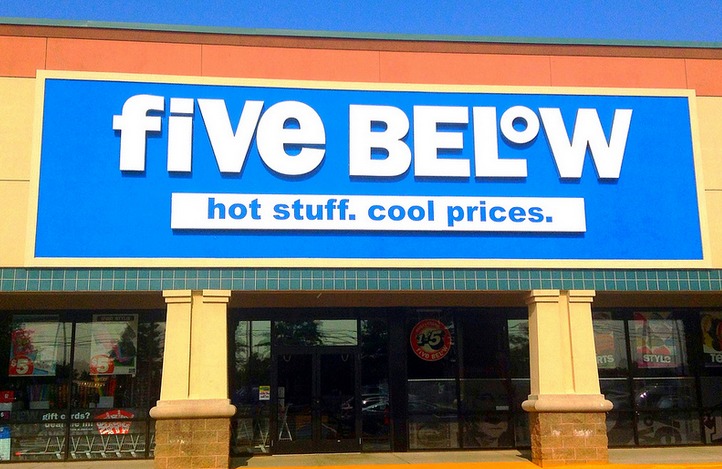 Author: Daniel Beckerman, Beckerman Institutional
Author: Daniel Beckerman, Beckerman Institutional
Covestor model: Flexible Value
I have received quite a few calls from investors looking to invest in Facebook’s upcoming initial public offering (IPO). This is the most anticipated offering that I can remember. When investors call me about this wonderful and transformative business of social networking, I typically ask the question, “what do you think of the price?” Each time they seem to be stumped.
It seems like a basic concept, but shouldn’t investors understand the fundamentals of a business that they are buying into? I would think that this same concept should apply to any sort of significant financial transaction. The underlying earnings, growth rate, cash flow, returns on equity, and other factors of a business give us some framework for the stock price. In my opinion, skipping the fundamentals would be like buying a house without knowing the price. Think of an opportunity to invest in a small business. If you were going to invest, what would you need to know about it? You probably would factor in the trends that are happening in their industry and guess as to the future. You also should want to know basic fundamentals such as, how much money does this small business make, what are the expenses, what is the rate of growth, etc.?
I should mention that the first factor of guessing at the future trends of an industry is something that investors generally do not do well over the long term. There is a tendency for investors to be overconfident in their own ability to forecast future trends. There have been numerous studies in the financial industry that show that most people believe that they can do better than the overall stock market, yet on average most do not. This is a reason that fundamentals are important in business decisions because, unlike forecasting the future, the numbers do not tend to lie. Although there are some cases of dishonest companies such as Enron in which one cannot trust the numbers, for the most part fundamentals are the component of research that is objective. Somehow, when it comes to buying stocks, I have noticed that many investors tend to skip these boring fundamentals.
Because of Facebook’s recent S-1 filing we can all have a look at much of Facebook’s fundamental information. The S-1 is required by the Securities and Exchange Commission to be filed for a business looking to go public. When this report was first made available on the SEC website, there were so many views that their website temporarily crashed. According to Facebook, it achieved revenue of roughly $3.7 billion in 2011 and their net income was a cool $1 billion. The revenue has about doubled each year since 2007. Clearly this is an impressive growth company with a lot to be excited about long term. The current offering is said to fetch Facebook $5 billion and could value the company at $100 billion. This is a hefty price tag given the company’s current revenue and earnings and I think that it would require sustained and significant growth to justify the price.
Looking at Facebook there are, in my opinion, a couple of risks about the proposed IPO. Firstly, can they monetize their business in a more significant way without turning off their users? If there were numerous advertisements each time people log on to Facebook some users may feel bothered.
Another and possibly less appreciated factor is that Facebook has to remain “hot.” This is to say that it is important that competitors such as Google+ do not build enough traction to turn Facebook into the next MySpace or Friendster. Although this seems extremely unlikely today given Facebook’s growth and dominance, it was only a few short years ago that MySpace was dominant and Facebook was just an idea.
I would guess that with an IPO this anticipated that the stock at the time of the offering is likely to do very well. There seems to be a lot of demand from all sorts of investors who want to own some of the shares. Facebook clearly has tremendous growth prospects long term and I think that we all see the potential of this extraordinary company. I wonder, however, if most of us also see the risks.



